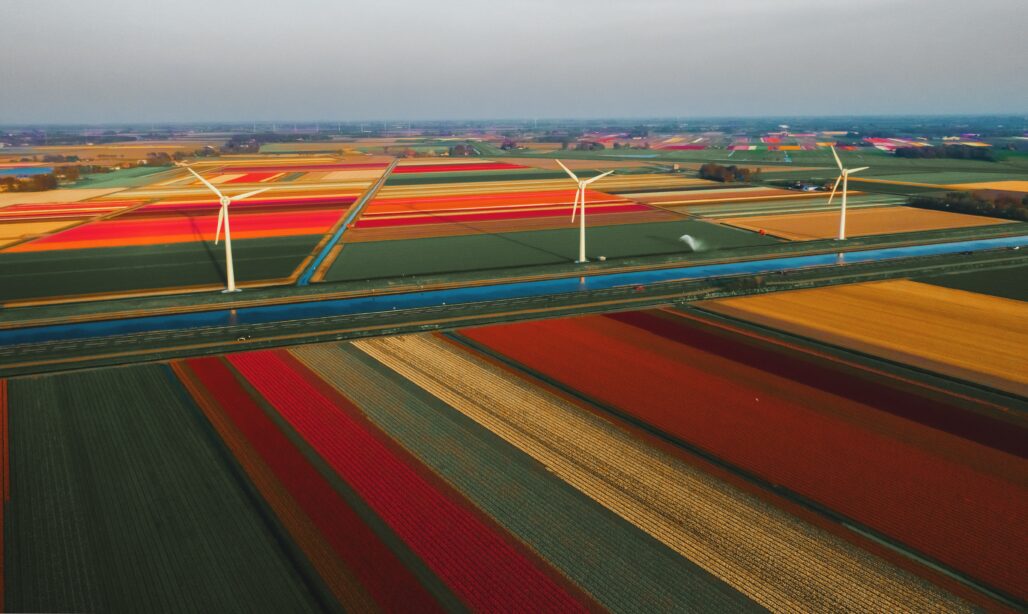Joining forces to get sustainable production of hydrogen off the ground quickly
Producing large-scale and CO2-free hydrogen for industrial use in a competitive manner before 2030, that is the mission of the ISPT Hydrogen Consortium. In a new center, the Hydrohub, researchers will start testing and developing a hydrogen production unit on an industrial scale. This initiative, funded by industry and the Top Sector Energy, is made possible through a solid support of 1 million from the Province of Groningen.

The need for sustainable hydrogen on a large scale
In the Netherlands, industry produces around 800,000 tons of hydrogen annually, releasing more than 7 million tons of CO2 emissions. This is now done by converting natural gas into hydrogen at high temperatures. By switching to electric production of hydrogen, the industry hits two birds with one stone: both natural gas consumption and CO2 emissions are greatly reduced. To be able to apply this technology competitively and on a large scale, electrolysis installations are needed that can be converted into hydrogen and oxygen on a large, cheap and efficient basis with the help of sustainably generated water.
The increase in scale in green hydrogen production, as also indicated by the broadly supported Hydrogen Coalition, is of great importance for the energy transition. The current available electrolysis installations with a capacity of a few megawatts are much too small to be able to realize that scaling up. To fully switch to sustainable hydrogen, the industry needs electrolysis installations with a total capacity of several gigawatts. Those installations must be cheaper to purchase and smarter in design than the current installations and must also be reliable and low in maintenance.

The Hydrohub: hydrogen technology on an industrial scale
The Hydrohub is an open testing center, where the consortium partners, but also other knowledge institutions and companies, can test innovations from their own lab in electrolysis installations of half a megawatt. Tests on that scale make it clear whether new problems are emerging and how the technology will behave when scaled up. Once the hydrogen technology in the Hydrohub works well, it can immediately be translated into an electrolysis installation on an industrial gigawatt scale. The research in the Hydrohub will lead to a standard for the design of large-scale electrolysis processes. Hence the international interest in this project. The ISPT Hydrogen Consortium will also conduct research into the infrastructure for hydrogen and the role of hydrogen in the energy chains of the future. Case studies will look at the introduction of sustainable hydrogen in industrial regions such as Rotterdam, Delfzijl, Amsterdam, Geleen-Sittard (Chemelot) and Zeeland.
Hydrogen technology is an essential link in the switch from industry to sustainable circular production, whereby fossil raw materials and energy carriers will make way for sustainably produced raw materials and energy carriers.
Acknowledgement
Dit project is medegefinancierd door TKI-Energie uit de Toeslag voor Topconsortia voor Kennis en Innovatie (TKI’s) van het ministerie van Economische Zaken en Klimaat